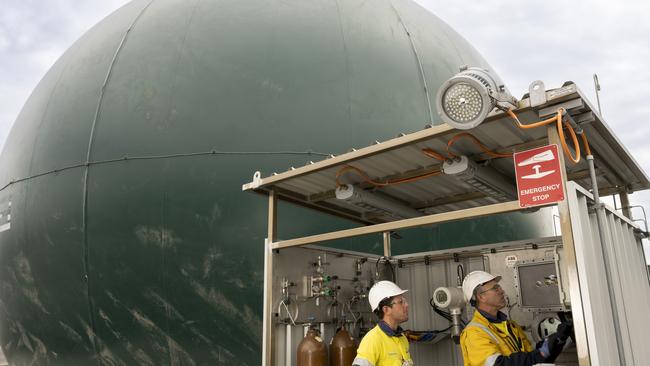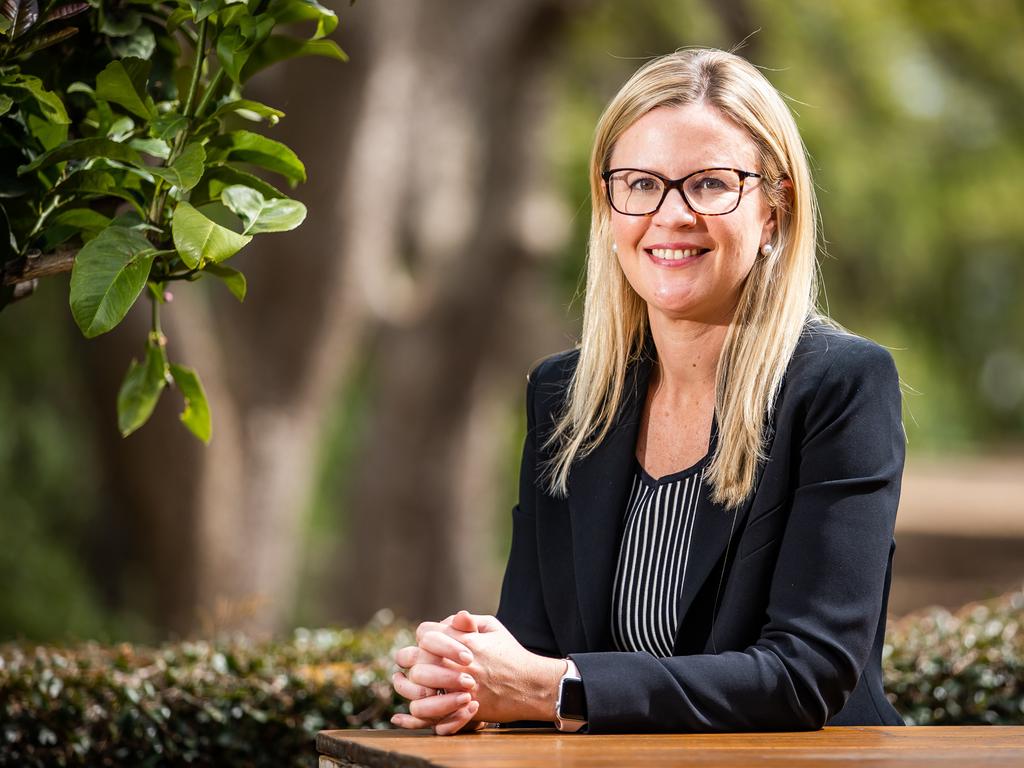Jemena deepens push into renewable gas
One of Australia’s largest gas infrastructure companies, Jemena, wants to supplement natural gas with energy created from organic waste.
Jemena has extended its push into the burgeoning renewable gas market, partnering with Optimal Renewable Gas to identify three sites in regional NSW that have agricultural and other waste sources for the creation of biomethane that can be injected into the state’s gas pipelines.
The expansion of Jemena’s biomethane aspirations comes as the company moves to demonstrate how gas can supplement Australian efforts to decarbonise, while simultaneously guaranteeing energy sources for traditional gas users that are unable to electrify.
Shaun Reardon, executive general manager at Jemena Networks, said many of Australia’s heavy gas users are manufacturers that are not able to electrify their production processes, and using renewable gas will improve the country’s emission reduction aspirations.
“We see biomethane as an alternative to the current narrative around electrification, which we want to challenge. We think leveraging the existing infrastructure, we’re currently serving 1.5 million customers in NSW with over 25,000 kilometres of pipelines. This is an opportunity to continue to use that infrastructure as we help the economy decarbonise,” Mr Reardon said.
Biomethane – created from organic waste – can be blended with natural gas and piped through to users. It is widely used overseas but has not taken off in Australia as it struggles to financially compete with natural gas.
Jemena has led the charge for the Albanese government to create a so-called renewable gas target, which would compel retailers to use biomethane, something supporters say would ease supply pressures facing Australia’s east coast and reduce waste.

Optimal managing director Mike Davis said increasing biomethane production would aid the country’s circular economy, a system where materials never become waste and nature is regenerated
“In Australia, we don’t typically utilise our organic waste. Some of it goes to landfill and obviously there’s a large amount of future costs associated with that. Some of it is burnt in the field and that’s something that happens and often releases particulate emissions in the air,” Mr Davis said.
He said the two companies have selected three sites that have ready access to organic waste and are close to existing gas pipelines. The partners are aiming to bring 10 projects to the market by 2030.
By pushing aggressively into biomethane, Jemena hopes it can future-proof its business amid efforts from Australian authorities to curtail gas use.
Australia’s east coast is struggling to bring new supplies to market to compensate for the loss of traditional sources that are rapidly running dry, and authorities hope to temper demand to reduce pressures on the system.
But industry insists the country will continue to need gas, and the establishment of a renewable gas market will bolster supplies and reduce waste.
The argument has won support from the Australian Renewable Energy Agency’s 2021 Bioenergy Roadmap, which projects that a bioenergy sector could contribute around $10bn in extra GDP per annum by the start of 2030, create over 26,000 new jobs, reduce Australia’s emissions by about 9 per cent, divert an extra 6 per cent of waste from landfill, and enhance fuel security.








To join the conversation, please log in. Don't have an account? Register
Join the conversation, you are commenting as Logout